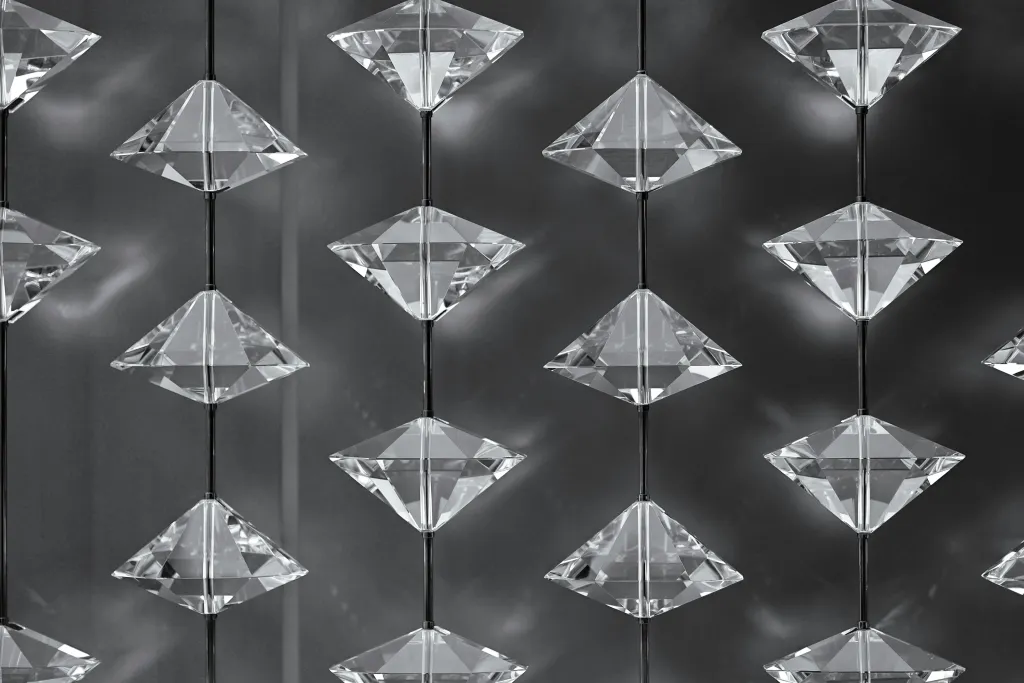Scientists Consider Diamond Dust Injection as Potential Climate Solution
Scientists are exploring the potential of injecting diamond dust into the stratosphere to help cool the Earth and combat climate change. A study published in Geophysical Research Letters suggests that injecting five million tons of diamond dust into the atmosphere annually could lower global temperatures by up to 1.6 degrees Celsius.
This concept, known as stratospheric aerosol injection, aims to reflect sunlight away from Earth and is inspired by natural events like volcanic eruptions.
The method resembles the cooling effect caused by the 1991 eruption of Mount Pinatubo in the Philippines. That eruption emitted sulfur dioxide, which mixed with water vapor in the atmosphere to form particles that reflected sunlight, temporarily reducing global temperatures by 0.5 degrees Celsius.
Unlike sulfur, diamond dust is chemically inert, which means it would not react with atmospheric substances or cause acid rain. However, the high cost of synthetic diamond dust — around $500,000 per ton — makes this project prohibitively expensive, with projections estimating a total cost of $200 trillion over 75 years.
Sulfur, by contrast, is inexpensive and abundant, making it a more affordable option, according to Douglas MacMartin, a climate engineer at Cornell University.
Critics argue that geoengineering, particularly with limited large-scale trials, remains uncertain and could have unforeseen impacts on the environment. Despite its financial and logistical hurdles, diamond dust geoengineering could present a novel approach if costs decrease or if extreme climate change accelerates the need for drastic action.
As research advances, the question remains whether diamond dust could become a feasible tool in the fight against climate change, or if simpler, cheaper solutions like sulfur will continue to lead in climate intervention efforts.
Source: The Tartan



